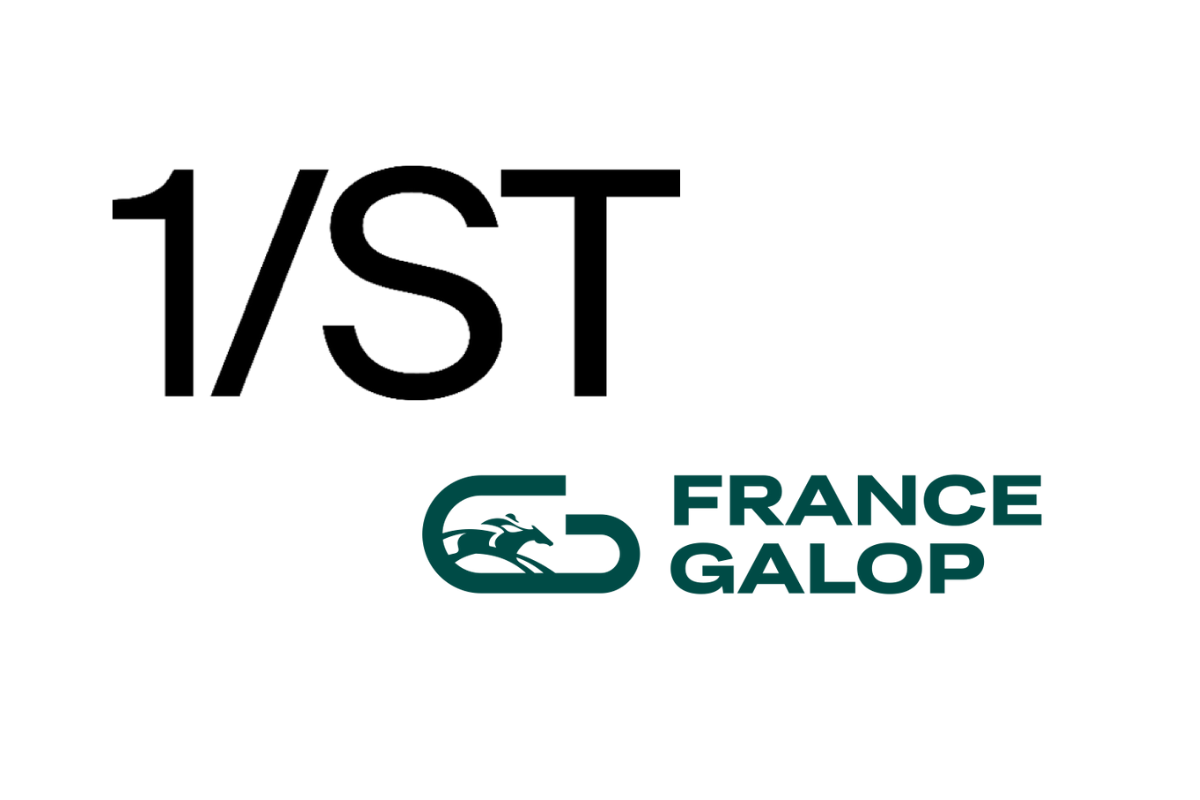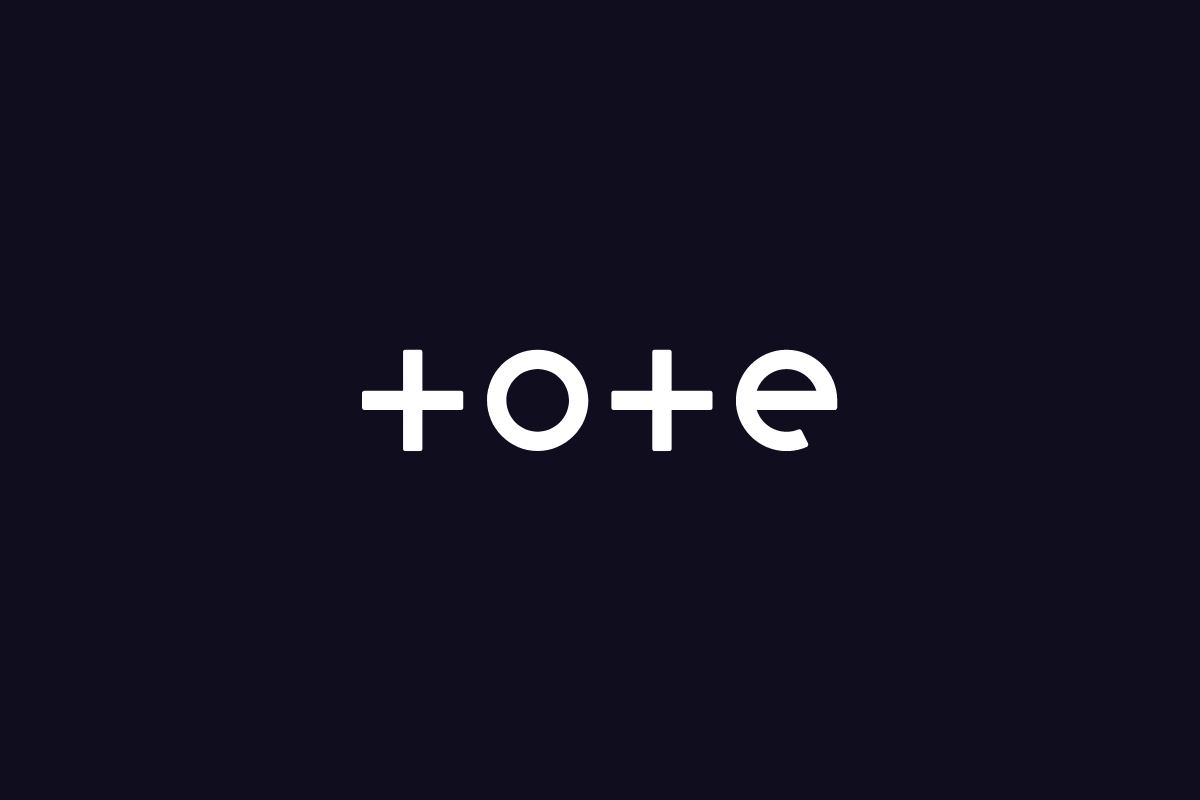Latest News
Heightened antitrust/competition law risk for sport governing bodies facing new market entrants

In recent years, the European Commission (EC) and National Competition Authorities (NCA) have shown increased appetite to investigate sport governing bodies in relation to rules that restrict competition from new market entrants (principally, “outsider” commercial event organisers). These rules most commonly operate by either imposing on new market entrants to respect the rules and regulations of the sport as conceived by the governing body, and/or by disciplining athletes (and other participants, such as coaches, match officials etc.) if they participate in events that are not sanctioned (i.e. approved) by the governing body.
The most notable recent case in relation to such rules is the EC’s continuing investigation into the eligibility rules of the International Skating Union (ISU). This case represents the most significant intervention by the EC in this area since the landmark Fédération Internationale de Sport Automobile (FIA) case in the late 90s/early 00s, in which the EC expressed concerns that the FIA was using its regulatory powers to exclude competing events for its own commercial benefit, ultimately leading to significant structural changes in the organisation of Formula One following commitments offered in order to meet those concerns.
The ISU is the sole body recognised by the International Olympic Committee to regulate the sports of figure skating and speed skating on ice. Its members are national ice skating associations (the ISU is therefore at the top of the ‘pyramid’ for ice skating).
The ISU’s eligibility rules impose bans on ice skaters, potentially for life, if they participate in events not approved by the ISU. A complaint about these rules was made by two Dutch professional speed skaters, Mark Tuitert and Niels Kerstholt, resulting in the EC opening proceedings in October 2015. On 27 September 2016 – despite the ISU making changes to its rules in June 2016 – the EC sent a Statement of Objections to the ISU, stating that the EC’s preliminary view was that the ISU’s rules unduly restricted the athletes’ commercial freedom and prevented new entrants from organising alternative events, because they were unable to attract top athletes.
In announcing the Statement of Objections, Commissioner Vestager alluded to the balance that is to be struck:
‘International sports governing bodies play a unique role in setting the rules of the game and ensuring standards of conduct. They are responsible for both the health and safety of athletes and for the integrity of competitions. We have concerns that the penalties the ISU imposes on skaters through its eligibility rules are not aimed at preserving high standards in sport but rather serve to maintain the ISU’s control over speed skating.’
The ISU’s immediate reply, by way of press release (also dated 27 September 2016), was a robust one. It stated:
‘Any allegation that the ISU’s rules are somehow anti-competitive appears to be based on a misplaced understanding of the governance structure of sport and the Olympic movement. The European Union’s founding Treaty as well as the EU institutions have long recognized the autonomous governance structure of sport as being essential to the protection of the integrity, safety and health in sport. These rules benefit sports organizers, sportspersons and spectators…
It appears then that the European Commission has failed to take adequate account of the importance of the legitimate objectives pursued by the ISU’s eligibility rules. A neoliberal and deregulated approach to sport could destroy the Olympic values underpinning sport.’
The ISU case is not the only recent case, and NCAs have either opened or decided cases such as:
- Italy, in relation to provisions of the Federazione Italiana Sport Equestri (FISE) providing it with exclusive jurisdiction over sporting and/or recreational activities and restricting FISE members (riders, technicians, trainers, etc.) from participating in events outside FISE’s jurisdiction;
- Sweden, in relation to rules of the Swedish Bodybuilding Federation (SKKF) under which members were suspended or fined if they participated in events not affiliated to SKKF; and
- Belgium, in relation to the ‘unsanctioned events’ rule of the Fédération Equestre Internationale (FEI), according to which the FEI had the power to suspend for up to six months riders, horses and officials from participating in FEI-promoted events if they participated in events not approved by the FEI.
The ‘pyramid structure’ of sports governance
Those involved in European sport will be familiar with the pyramid structure of sports governance, whereby a sport will have one international federation sitting above continental and/or national federations (which might in turn sit above a number of regional federations). Indeed, the pyramid model is one unique characteristic of sport that the EC has long recognised: the so-called “specificity of sport” includes:
‘…a pyramid structure of competitions from grassroots to elite level and organised solidarity mechanisms between the different levels and operators, the organisation of sport on a national basis, and the principle of a single federation per sport.’
The pyramid structure has a number of advantages for the governance of sport, including:
- enabling sports to define uniform rules, both on and off the field (including the rules of play, anti-doping regulations, anti-corruption regulations etc.);
- aiding the equitable distribution of revenue from the elite to the grassroots level, encouraging participation, development and competitive balance; and
- the prevention of conflict within sport, which is desirable for the selection of national athletes and teams, and the identification of champions at each level of the sport.
The pyramid structure is justified and it should not be automatically offensive from a competition law perspective, and there are several good reasons why sports governing bodies will seek to protect it by introducing rules which may have an anti-competitive effect. Indeed, these rules could negatively impact the economic interests of “outsider” event organisers and any participants who may wish to participate in events organised by them. Drawing the line between these competing interests is not a straightforward exercise.
The relevant legal test
Put very simply, it is settled that sporting rules with economic effects are compatible with EU competition law if they pursue a legitimate objective and if the restrictions that they create are inherent and proportionate to reaching that objective.
So, for example, it would be a legitimate objective for a governing body to seek to ensure uniform application of anti-doping regulations across participants in its sport, for instance by testing athletes prior to their participation in events. However, it may be disproportionate for a governing body to prevent any participation of athletes to events organised by new entrants and to ban an athlete for life should he/she participate in such an event without the possibility of an appeal.
Concluding remarks
Competition law challenges can represent a significant burden on the resources of sport governing bodies, and significant penalties can arise in the event of a finding of infringement (up to 10% of their global turnover).
There is a clear recent trend for governing bodies to be challenged by competition authorities at both the European and national level. This trend is likely to continue as rules that restrict competition are common to sports that adopt the pyramid model (which is most sports across Europe), and athletes and new entrants demonstrate continued and perhaps increasing willingness to challenge the perceived anti-competitive behaviour of sports governing bodies.
On the one hand, competition law respects the ability of sport governing bodies to pursue legitimate sporting objectives in a proportionate manner. On the other hand, their decision making process must ensure that their regulatory power is not misused to grant them a commercial advantage. Sports governing bodies would therefore be well advised to review their rulebooks to ensure that they mitigate the risk of antitrust challenge.
Latest News
1/ST PARTNERS WITH FRANCE GALOP TO BOOST INTERNATIONAL RACING BETWEEN FRANCE AND U.S.

1/ST, North America’s preeminent Thoroughbred racing and leading pari-mutuel wagering company, has today announced a breakthrough partnership with France Galop, the governing body of French horse racing.
This new initiative sees both parties come together to form a series of high-class partnerships that will power increased international participation across a host of top-quality Graded contests and marquee race days, beginning with the $100,000 Grade 3 Gallorette Stakes on Preakness 149 race day at 1/ST’s Pimlico Race Course in Baltimore, Maryland on May 18. The winner will be automatically qualified to run in the €250,000 Group 1 Sumbe Prix Jean Romanet Stakes at Deauville on August 18. The Galorette winner will also receive a free equine travel stipend to cover its subsequent travel costs to France.
The collective aim is to establish long-lasting links between revered races in France and valuable turf contests at 1/ST racetracks across North America, boosting the international profile and prize funds of all participating contests and increasing the number of runners entered in these races which, in turn, will engage a wider international audience and drive global wagering turnover.
This innovative collaboration with France Galop leverages natural synergies between two powerhouses of the sport. Moreover, it builds on similar global “gateway” partnerships which 1/ST has already formed with Ascot Racecourse (via Gulfstream Park’s Royal Palm series for Royal Ascot’s juvenile races) and the UK Jockey Club around the Group 1 July Cup and the Eclipse Stakes, now twinned as qualifiers for the newly minted California Crown taking place at Santa Anita Park on September 28, marking California’s richest day of racing.
As an automatic qualifier for France Galop’s Prix Jean Romanet, the Gallorette Stakes also shines the spotlight on a high-profile undercard for Preakness 149. This year’s Preakness 149 race day will be the most lucrative in the event’s history with $3.3 million on the line, highlighted by the running of the 149th Preakness Stakes, the middle jewel in the Triple Crown, featuring an increased $2 million purse. These enhanced purses reflect 1/ST’s vision for the future of the highest standard of world-class Thoroughbred horse racing, combined with unique and elevated guest experiences, and exciting opportunities for owners, trainers and bettors to usher in a new era for racing.
Aidan Butler, President of 1/ST, said: “1/ST is thrilled to create another great global partnership, breaking new ground in France with our friends at France Galop. This Gallorette-Romanet pathway is an exciting trial for hopefully more reciprocal race days in France, considering France Galop’s rich heritage in staging many of the most prestigious turf contests in Europe at courses like Deauville, Chantilly and Longchamp.
“We look forward to announcing more global racing partnerships over the year ahead. Whether we’re bolstering the brand, increasing horse-recruitment numbers, or driving wagering dollars overseas, it’s high time for more innovative moments on the worldwide racing stage.”
Henri Pouret, Chief Operating Officer at France Galop, added: “We’re naturally delighted to be teaming up with 1/ST on this compelling initiative which will introduce many new French racing fans to Preakness 149 and add some welcome transatlantic flavour to the Group 1 Sumbe Prix Jean Romanet Stakes, now in its 20th year of attracting the best middle-distance horses in the business.
“The travel stipend is an excellent incentive for facilitating stress-free long-haul travel, helping to secure a stellar field of global contenders for the Romanet, and proving that racing is a sport whose worldwide appeal is no barrier to worldwide participation, be it in France or the States. We look forward to welcoming the Gallorette victor to Deauville later this summer and building on the success of US-trained horses at other elite European events, such as Royal Ascot.”
Gaming
Digital Asset Horse Racing Game Stables Appoints Lebnan Nader CEO And Unveils International Expansion Plan

Stables, the Paris-based Web3 Equestrian Fantasy Game, has appointed venture capital veteran Lebnan Nader as Chief Executive Officer.
Lebnan Nader, who had founded and run several gaming and technology businesses, will oversee an international expansion as Stables seeks to add horses and attract owners from outside its French home market.
Launched in January 2023, Stables was born from an ambitious project funded by PMU, the European leader and number 3 worldwide in horse betting, alongside the startup studio 321. The game is designed to bring the excitement of horse racing into the digital realm by combining real data from actual racehorses with an online Web3 gaming experience where horses are represented as tradable non-fungible tokens.
“Stables brings together two of my favorite domains, video gaming and horse racing. Two sectors I’ve been involved in for the past 12 years. The game’s ambitions are high, and that’s what convinced me,” said Lebnan Nader, CEO of Stables. “The teams have done a tremendous job, and we will continue to develop the game, but my priority will be our community, as they are our greatest strength.”
A graduate of HEC Paris with nearly 20 years experience in strategy, product development, and market positioning in the digital sector, Lebnan co-founded an internationally acclaimed video and VR gaming studio, and also co-founded a software company for lottery and betting operators.
PMU’s initial gamble to reach a new audience has paid off as Stables now boasts a community of several thousand engaged players, aged 25 to 40 on average. The community is currently composed of 70% French players and 30% from the rest of the world.
The Stables teams are now expanding the gaming experience by adding new features that will allow any player, even without owning NFTs, to be able to explore Stables for free. A seasonal horse racing system with an in-game leaderboard will be introduced, as well as “The Paddock Gazette,” a feature allowing the analysis of all NFT data and comparing their performances.
The ability to interact with other players and access numerous new horses are among the features currently in development.
“In 2023, Stables succeeded in realizing PMU’s bold vision of diversifying the world of horse racing into Web3 and becoming today’s reference in equestrian fantasy gaming. Contributing alongside its historic partners to the financial support for an accelerated development of Stables represents for the Tezos Foundation a natural progression to the adoption of Tezos. Among other things, the Tezos Foundation always listens to the needs of management teams and economically engages in projects that have adopted its blockchain to be an active participant in their growth stages,” says Jean-Frédéric Mognetti, Executive Director of the Tezos Foundation.
“Convinced of the relevance of the project, it seemed important to involve new investors. We enthusiastically welcome the financial support of the Tezos Foundation, which strengthens a proven technical collaboration that the project has benefited from since its inception,” comments Emmanuelle Malecaze-Doublet, CEO of PMU.
Latest News
SINGAPORE & UK TOTE COMMINGLE POOLS ON BRITISH RACING

The UK Tote Group and Singapore Pools have signed a new agreement to commingle pools.
The agreement sees both organisations combine liquidity with customers of Singapore Pools betting into the UK Tote’s pools on British racing meetings. This creates bigger UK pools, ensuring a better customer experience for racing fans in the UK and in Singapore and an improved financial return to the sport.
The agreement was made in partnership with Arena Racing Company and Racecourse Media Group as the media rights holders for British racing’s 59 racecourses. Singapore Pools have been long-standing partners of British racing, hosting local pools on the sport. This collaboration between these stakeholders further deepens the relationship, benefiting racing fans and the sport.
Simon Leong, Chief Product Officer of Singapore Pools, expressed his enthusiasm for the new commingling arrangement with the UK Tote. He said, “We are delighted to collaborate with the UK Tote on this new front, which not only provides our customers access to larger pools but also contributes to British horseracing which have been telecasted in Singapore since 2010. We deeply appreciate our longstanding partnership with British racing and look forward to further strengthening the communal horseracing ties shared between us. Singapore Pools will continue to bring quality products from around the world to Singapore and elevate the racing experience for all.”
Jon Knapman, International Chief Commercial Officer of the UK Tote Group, said: “This is a really positive development and we’re pleased to have the opportunity to collaborate with colleagues at Singapore Pools to ensure bigger pools for all our customers. We will continue to cooperate and commingle with our international pool betting partners to ensure bigger, more unified pools on our racing. We’d like to thank all involved who contributed to this new agreement.”
Nick Mills, Chief Commercial Officer of RMG, said: “Singapore Pools have been a long-standing partner of British and Irish racing, having hosted local pools for over 15 years. This is a great example of British racing working together and we are delighted to work with all parties to facilitate commingling into the UKTG and therefore provide greater liquidity, which will see benefits to all.”
-

 Asia7 days ago
Asia7 days agoMaharashtra Government rewards state’s Asian Games 2022 Esports athletes with INR 10 lakhs; marks historic moment for Indian Esports
-

 Central Europe6 days ago
Central Europe6 days agoWazdan amplifies Swiss presence with Swiss4Win launch
-

 Latest News6 days ago
Latest News6 days agoEvoplay strikes distribution agreement with Light & Wonder
-

 Asia7 days ago
Asia7 days agoPAGCor Welcomes Lawyer Wilma Eisma as New President and Chief Operating Officer
-

 Compliance Updates7 days ago
Compliance Updates7 days agoGoldenRace is now certified in the Netherlands
-

 Latest News7 days ago
Latest News7 days agoAltenar releases trio of betting widgets to enhance customer engagement
-

 Australia7 days ago
Australia7 days agoSkyCity Appoints Jason Walbridge as Chief Executive Officer
-

 Latest News7 days ago
Latest News7 days agoXtremepush Expands Reach in Brazil Through Senna Sport Deal










































